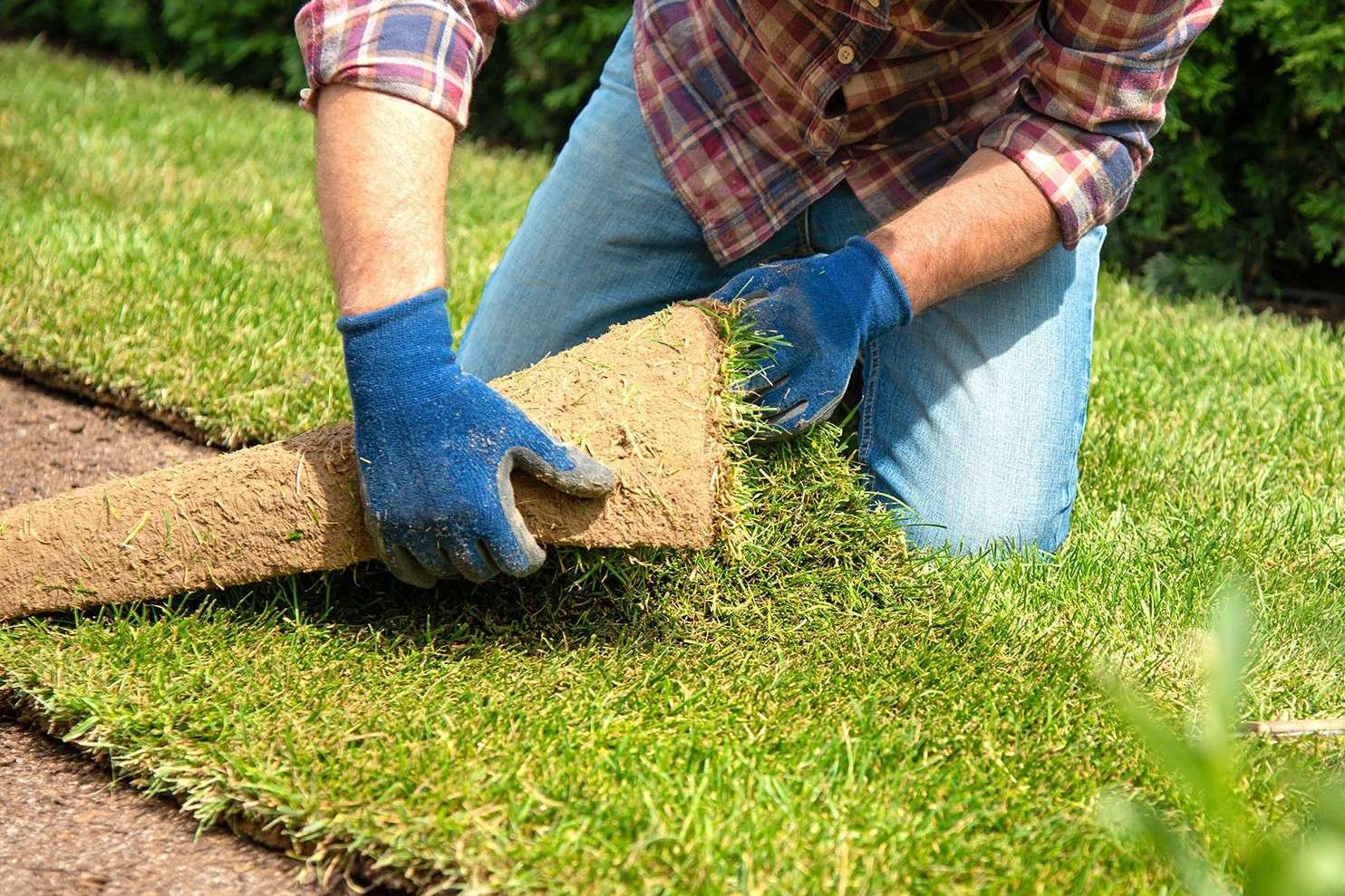
Bermuda grass is a popular choice for lawns, sports fields, and golf courses due to its durability and lush appearance. But what makes this grass so special? Bermuda grass thrives in warm climates, growing quickly and forming a dense turf that can withstand heavy foot traffic. It's also drought-resistant, making it a smart option for areas with limited water supply. However, this grass isn't without its challenges. It can be invasive, spreading rapidly and sometimes overtaking other plants. Understanding the pros and cons of Bermuda grass can help you decide if it's the right fit for your yard or project.
What is Bermuda Grass?
Bermuda grass is a popular choice for lawns, sports fields, and golf courses. Known for its durability and lush green appearance, it thrives in warm climates. Let's dive into some fascinating facts about this resilient grass.
-
Bermuda grass is native to Africa, specifically the savannas of East Africa.
-
It was introduced to the United States in the 18th century and has since become a staple in southern lawns.
-
This grass type is known for its ability to withstand high temperatures, making it ideal for hot climates.
-
Bermuda grass spreads through both seeds and stolons, which are above-ground runners.
-
It can also spread through rhizomes, which are underground stems.
Growth and Maintenance
Understanding how Bermuda grass grows and how to maintain it can help keep your lawn looking its best.
-
Bermuda grass grows best in full sunlight and struggles in shaded areas.
-
It requires at least six hours of direct sunlight daily to thrive.
-
This grass type is drought-tolerant, meaning it can survive with minimal water once established.
-
However, regular watering helps maintain its lush green color and overall health.
-
Bermuda grass should be mowed frequently, ideally once a week during the growing season.
-
The recommended mowing height is between 1 to 1.5 inches for optimal health.
-
Fertilizing Bermuda grass every 4-6 weeks during the growing season promotes vigorous growth.
Benefits of Bermuda Grass
Bermuda grass offers several benefits that make it a popular choice for various applications.
-
It has a dense growth habit, which helps crowd out weeds and reduces the need for herbicides.
-
Bermuda grass is highly resistant to pests and diseases, making it a low-maintenance option.
-
Its deep root system helps prevent soil erosion, making it ideal for slopes and embankments.
-
This grass type recovers quickly from damage, making it perfect for high-traffic areas like sports fields.
-
Bermuda grass is also known for its ability to improve soil quality by adding organic matter as it grows and decomposes.
Challenges of Bermuda Grass
Despite its many benefits, Bermuda grass does come with some challenges.
-
It can become invasive, spreading into flower beds and other areas where it isn't wanted.
-
Controlling Bermuda grass can be difficult once it has established itself in an unwanted area.
-
It requires regular maintenance, including mowing, watering, and fertilizing, to keep it looking its best.
-
Bermuda grass can go dormant and turn brown during cooler months, which some homeowners find unattractive.
-
It is not well-suited for shaded areas, which can limit its use in certain landscapes.
Varieties of Bermuda Grass
There are several varieties of Bermuda grass, each with its own unique characteristics.
-
Common Bermuda grass is the most widely used variety and is known for its hardiness and adaptability.
-
Hybrid Bermuda grasses, such as Tifway and Tifgreen, are bred for improved texture and color.
-
Dwarf Bermuda grasses, like Tifdwarf, are used on golf greens due to their fine texture and low growth habit.
-
Seeded varieties, such as Princess 77, offer the convenience of being able to establish a lawn from seed.
Interesting Facts
Here are some more intriguing tidbits about Bermuda grass that you might not know.
-
Bermuda grass is often used in erosion control projects due to its extensive root system.
-
It is a popular choice for athletic fields because it can withstand heavy foot traffic and recovers quickly from damage.
-
Bermuda grass can grow in a variety of soil types, including sandy, clay, and loamy soils.
-
It is often used in coastal areas because it can tolerate salt spray and saline soils.
-
Bermuda grass has a high tolerance for alkaline soils, making it suitable for areas with high soil pH levels.
-
It is considered one of the most resilient and versatile grass types available, making it a favorite among landscapers and homeowners alike.
The Final Word on Bermuda Grass
Bermuda grass is a versatile, resilient, and popular choice for lawns, sports fields, and golf courses. Its ability to withstand heat, drought, and heavy foot traffic makes it a favorite among homeowners and landscapers. However, it does require regular maintenance, including mowing, watering, and fertilizing, to keep it looking its best. Understanding its growth habits and potential challenges, like invasiveness and susceptibility to certain pests, can help you manage it effectively. Whether you're looking to establish a new lawn or improve an existing one, Bermuda grass offers a reliable and attractive option. With the right care, it can provide a lush, green carpet that enhances the beauty and functionality of any outdoor space. So, if you're considering Bermuda grass, you're making a solid choice for a durable and appealing lawn.
Was this page helpful?
Our commitment to delivering trustworthy and engaging content is at the heart of what we do. Each fact on our site is contributed by real users like you, bringing a wealth of diverse insights and information. To ensure the highest standards of accuracy and reliability, our dedicated editors meticulously review each submission. This process guarantees that the facts we share are not only fascinating but also credible. Trust in our commitment to quality and authenticity as you explore and learn with us.
